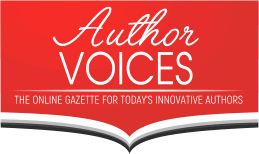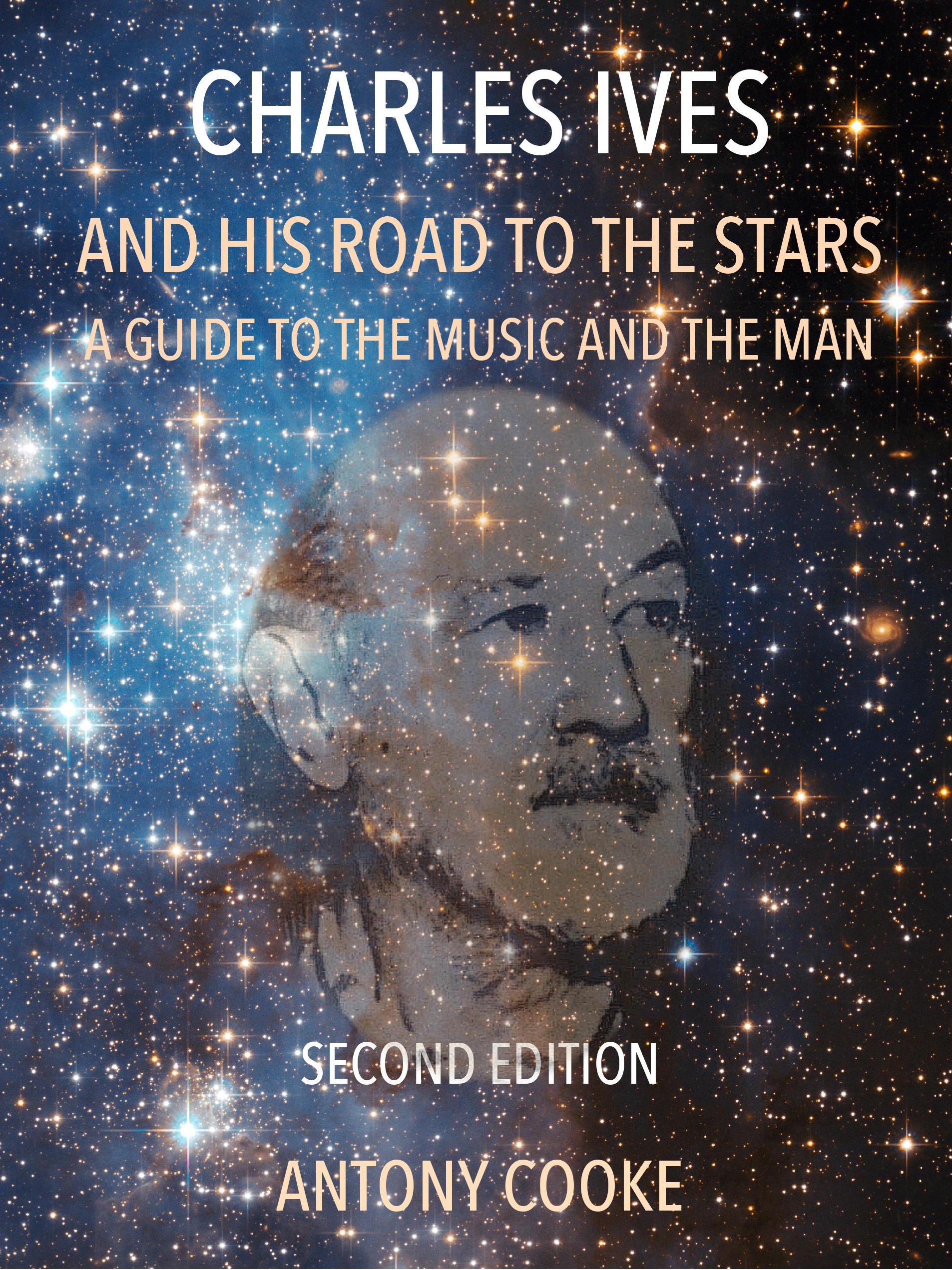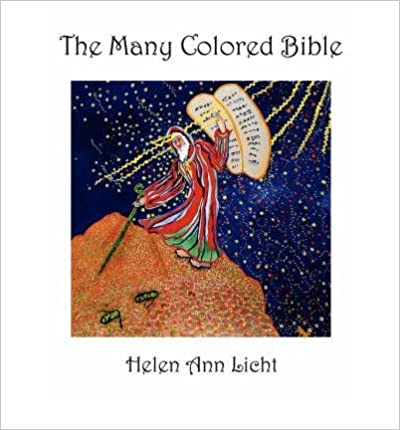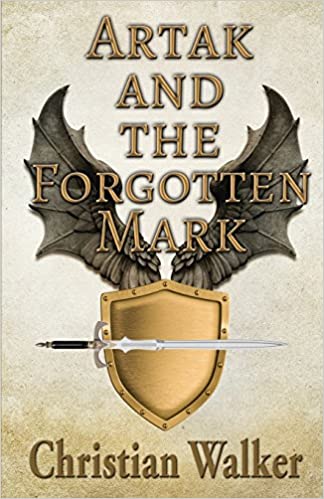Interview with Antony Cooke
Author of Charles Ives and his Road to the Stars
Where are you from originally and where do you reside now?
Born: Sydney, Australia
Educated: London, UK
Resident & Citizen: Florida, USA
If you currently reside somewhere besides where you were born, what’s the story that lead from there to here?
My father, Nelson Cooke, was to become a famous cellist, who took his family to London to further his career. We lived there twice, for a total of more than 15 years, the advantage to me being the quality of educational experience I received. My father ultimately returned to Australia (where he was elected Fellow at the University of Melbourne), and I remained in London, where would follow a path (mostly) in music, too. After a busy period of performing and touring, I took a university prof. position at the University of South Florida, and subsequently, Northwestern University in Chicago. Marrying a US citizen I made the decision early to renounce my Australian citizenship and become a US national. Always a performing professional musician, it took me to Hollywood, CA, and some 30 years working and recording soundtracks in motion pictures, while I continued my solo playing career.
What made you decide to write and publish your first book?
I am fortunate to have had a long career as a cellist, musicologist, university professor, recording artist (some 30 years in Hollywood motion picture soundtracks), conductor, composer, and even published popular science writer of 5 books on astronomy—the most acclaimed being “Astronomy and the Climate Crisis (pub. Springer). Writing about the things that had become such a large part of my life was a natural outgrowth, although it started rather casually, with an astronomy book (“Visual astronomy in the Suburbs”) that was originally something merely to share my experiences with friends. It grew into something more, was immediately picked up by the giant publisher Springer, and was to become a widely-read near-classic, with its entirely different approach to the subject.
With my attentions increasingly turning to writing, it was only natural that musicology would be the dominant field of my interest. Consequently, with my last science book published in 2012, I have written two books on Charles Ives (“Charles Ives and his Road to the Stars,” followed by the massive academic treatise “Charles Ives’s Musical Universe”). Another volume about Ives is almost complete, as well as two journal articles, and further writings on composer Gustav Mahler are now under way.
How would you describe your books to first time readers?
Of my books on music, “Charles Ives and his Road to the Stars” was intended as an introduction to new listeners (and not only to musicians and people with musical backgrounds), as well as a means to communicate my challenge to the revisionist positions taken by many academics. Because I believe an entirely inaccurate picture of the great composer has emerged, I am committed to correcting the record. I have conducted considerable research on the matter, and believe I have proven my case, most notably, in my second book about Ives, “Charles Ives’s Musical Universe.”
Who do you feel is most likely to connect with the topics you write about?
“Charles Ives and his Road to the Stars” is intended for everyone—from musician to casual listener. Both as an introduction as well as a guide, the intent was to make the sometimes “inaccessible” Ives into a figure better understood and whose music is better enjoyed.
What unexpected or surprising thing did you learn during the process of writing and publishing?
Perhaps it was the growing compulsion to keep writing, increasingly led by a wish to delve deeper with each volume.
If you could, what advice would you give to your past self before embarking on this journey?
Only that it is really important to let each volume “sit” for a while before committing it to print. It is for reasons of my dissatisfaction with the original edition of “Charles Ives and his Road to the Stars” that I followed it up with the second edition. No matter how careful one is, only reflection and time will allow one to see everything in clear terms, and to ensure that one’s thoughts are accurate, complete, and properly stated.
How many people would you ideally like to reach with your books?
A difficult question, but it depends on the subject matter. My astronomy books have a far wider potential audience, but my musicology books (intended for a highly specific readership) will have a more limited following, although they are far more significant and meaningful to me as documents to leave behind.
What has been the biggest challenge and frustration during the process to date?
Knowing when to finish! No matter how many revisions one makes to the text, there are always more that could be undertaken! Frustrations? Discovering errors after the fact—when it is too late to revisit the text. It seems that no matter how much care one takes, there always are little issues that one discovers upon opening the printed book for the first time!
What’s your biggest strengths when it comes to book a) writing, b) publishing and c) marketing?
I believe I am good at expressing myself and researching new information and detail—my strengths. Publishing with a major company (e.g. Springer) is not hard; their editors can be relied upon to make good decisions on all aspects of the book. Self publishing is more tricky, although as long as one has a clear sense of the entire production, and is very specific about it—the result sometimes can be even better than a team of editors can do. One should not turn over creative or editorial control to those who do not know the subject as does the writer. My weaknesses remain with marketing: there isn’t time to be a good businessman AND an ongoing writer. Perhaps writing fiction might be a different matter, but none of my books are fictional, and all require huge research—and hence—time.
What’s your biggest weakness when it comes to book a) writing, b) publishing and c) marketing?
See above.
When do you think you will write your next book?
My next book is already nearing completion: “Charles Ives: The Making of the Composer.” Following this title will be a book about composer Gustav Mahler
Are you self published or did you use a hybrid publisher, or a traditional publisher?
I have been published widely by traditional publishers (as an author and composer) and have also self-published. Self-publishing allows the author total control in subjects that few traditional publishing houses might be familiar. A carelessly undertaken project by the self published can be a disaster, however.
FEATURED AUTHORS
Worrying if I was telling too many secrets Leaving out so much.
Keep Reading »Writing is an arduous task even when one has all ideas clear in the read more
Keep Reading »Write the book, start marketing (letting people know of it) before you finish.
Keep Reading »










